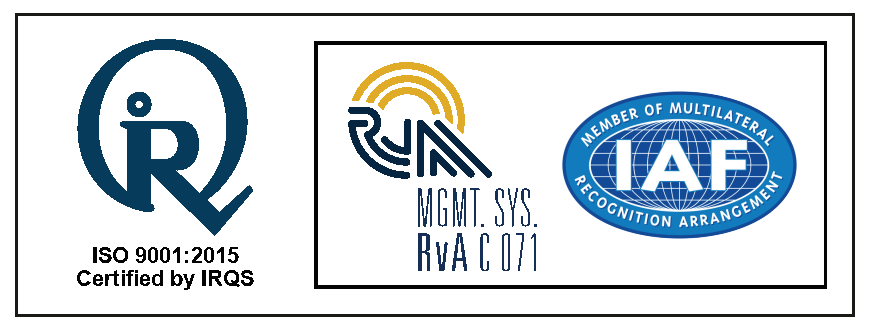Data rooms are a common feature in M&A and other business activities like a capital-raising round or an initial public offering (IPO). They are very effective tools for sharing documents that allow secure and organized data transfers between parties. Compared to cloud storage apps and other file sharing solutions, they are more user-friendly, and offer superior features in terms of security, privacy and collaboration.
In addition to standard industry-leading encryption Data room providers also offer complete logging and reporting function that makes sure that all actions taken within the platform are recorded. This includes access times and the documents that were examined and how many times. This data is also stored in multiple locations, and can be retrieved after the files have been deleted. Other security features of a virtual Data Room include dynamic watermarks on documents that are downloaded and printed, role-based permissions, two-way sync, automatic indexing, and virus scanning.
Additional features that aid in efficient collaboration in a data room comprise the ability to create logical folder structures, search functionality, multiple languages and a comment section in which users can send their questions to other members. This enables the entire team to communicate efficiently and accelerates decision-making. Additionally, data rooms allow for granular user restrictions/permissions and if you’re unsure about data room management, try here for expert guidance allow for the monitoring of all login activity by checking IP, device and location to prevent unauthorized data access. They are also an ideal tool for protecting intellectual property as they prevent the leakage of sensitive information throughout the deal process with features like watermarking. Limitations on downloads and screenshot prevention.




Add a Comment